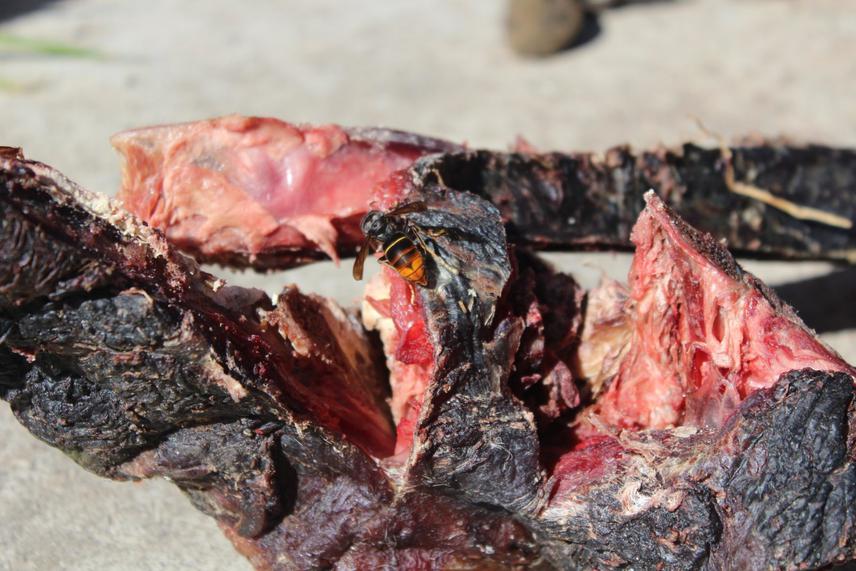Kinley Tenzin
Other projects
10 Sep 2015
Ecology, Diversity and Conservation Implication of Bees and Wasps (Hymenoptera: Aculeata) in North Central Bhutan
The main aim of this project are to:
1) Determine the species diversity, abundance and richness of bees and wasps.
2) Find out the threats to these insects, and to educate and create conservation awareness in western Bhutan.

Bees and wasps fauna are considered most developed group of insects and are widely distributed all over the glove. Both bees and wasps are ecologically, economically, medically and biologically important in an ecosystem, (Kundu et al., 2010). Bhutan is one of the global biodiversity hotspots straddling Indomalayan (Oriental) region to the south and Palearctic realm to the north (Ohsawa, 1987). The country is expected to have rich aculeate biodiversity despites smallness of its size. However, these insects are the least studied groups in Bhutan giving an incomplete picture of the diversity of this species-rich group. The ecological importance of such fragile insects are not valued and conservation status are unknown in the earlier. The previous work funded by Rufford foundation has greatly contributed for the conservation and study of bees and wasps in north central Bhutan.
The current project will be carried out in Paro and Thimphu Dzongkhag (under western Bhutan) covering different land use types. The method adopted will be similar to the first project starting with the social survey to get general idea and information on aculeate insects, their habitat and nesting areas. The Opportunistic visual encounter and Transect walk will be adopted for the study with adjustment based on geographical area, agro ecological system and climate conditions. Specimens will be collected by means of active searching methodology and the sighted insects will be captured by using sweeping insect net.
The study will determine the species diversity and also identify, prioritize and mitigate immediate threats to these insects and their habitats. This study will greatly contribute towards conservation, and further it provides baseline information for research and education on these ecologically significant insects in the country. The conservation awareness/educational outreach program in the study area will focus on the importance of these insects, their relation with plants, other insects and the ecological roles they play in the natural ecosystem based on different themes. Advocating students and children will have undulating effects in conserving bees and wasps as they will positively pass the information on to their parents, friends and relatives back in the rural villages. All these program will lead to practical conservation outputs of the project.